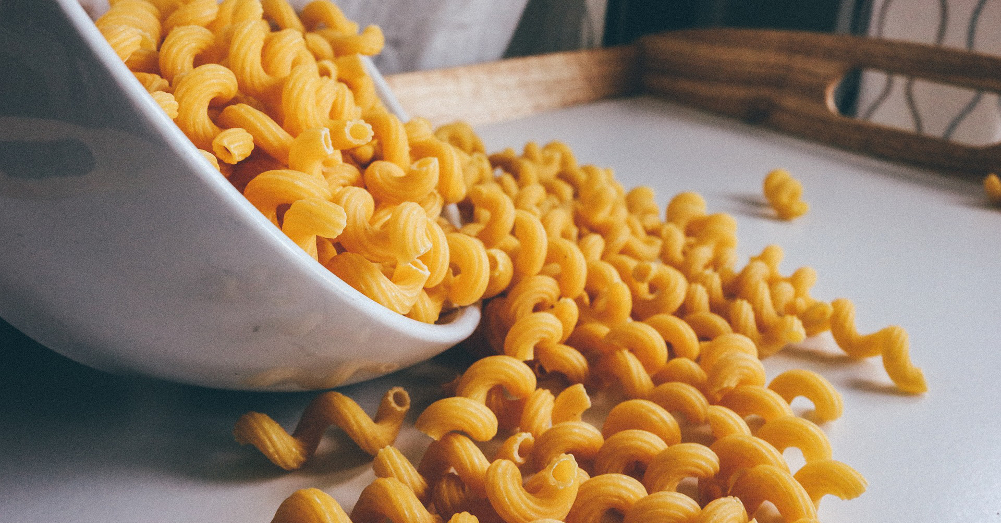
The Chemicals in Your Mac and Cheese
Potentially harmful chemicals that were banned from children’s teething rings and rubber duck toys a decade ago may still be present in high concentrations in your child’s favorite meal: macaroni and cheese mixes made with powdered cheese.
July 12, 2017 | Source: The New York Times | by Roni Caryn Rabin
Potentially harmful chemicals that were banned from children’s teething rings and rubber duck toys a decade ago may still be present in high concentrations in your child’s favorite meal: macaroni and cheese mixes made with powdered cheese.
The chemicals, called phthalates, can disrupt male hormones like testosterone and have been linked to genital birth defects in infant boys and learning and behavior problems in older children. The chemicals migrate into food from packaging and equipment used in manufacturing and may pose special risks to pregnant women and young children.
The Food and Drug Administration has not banned their presence in foods, though a 2014 report to the Consumer Product Safety Commission urged federal agencies to assess risks “with a view to supporting risk management steps.” The report concluded that food, drugs and beverages, and not toys, were the primary source of exposure to phthalates.
Now a new study of 30 cheese products has detected phthalates in all but one of the samples tested, with the highest concentrations found in the highly processed cheese powder in boxed mac and cheese mixes.
“The phthalate concentrations in powder from mac and cheese mixes were more than four times higher than in block cheese and other natural cheeses like shredded cheese, string cheese and cottage cheese,” said Mike Belliveau, executive director of the Environmental Health Strategy Center, one of four advocacy groups that funded the report. Others were the Ecology Center, Healthy Babies Bright Futures and Safer States.
The groups tested 10 different varieties of mac and cheese, including some that were labeled organic, and found high levels of phthalates in all of them.
Some two million boxes of mac and cheese, a relatively inexpensive food that can be whipped up in minutes, are sold every day in the United States, according to 2013 figures from Symphony/IRI Group. Mr. Belliveau said consumers would have a hard time avoiding the chemical.
“Our belief is that it’s in every mac ‘n’ cheese product — you can’t shop your way out of the problem,” said Mr. Belliveau, who is urging consumers to contact manufacturers and pressure them to investigate how phthalates are getting into their products and take steps to eliminate it. Nine of the cheese products tested were made by Kraft, which makes most of the macaroni and cheese products sold, though the group did not disclose the names of specific products tested. Officials with Kraft did not respond to requests for comment on the report and its findings.
